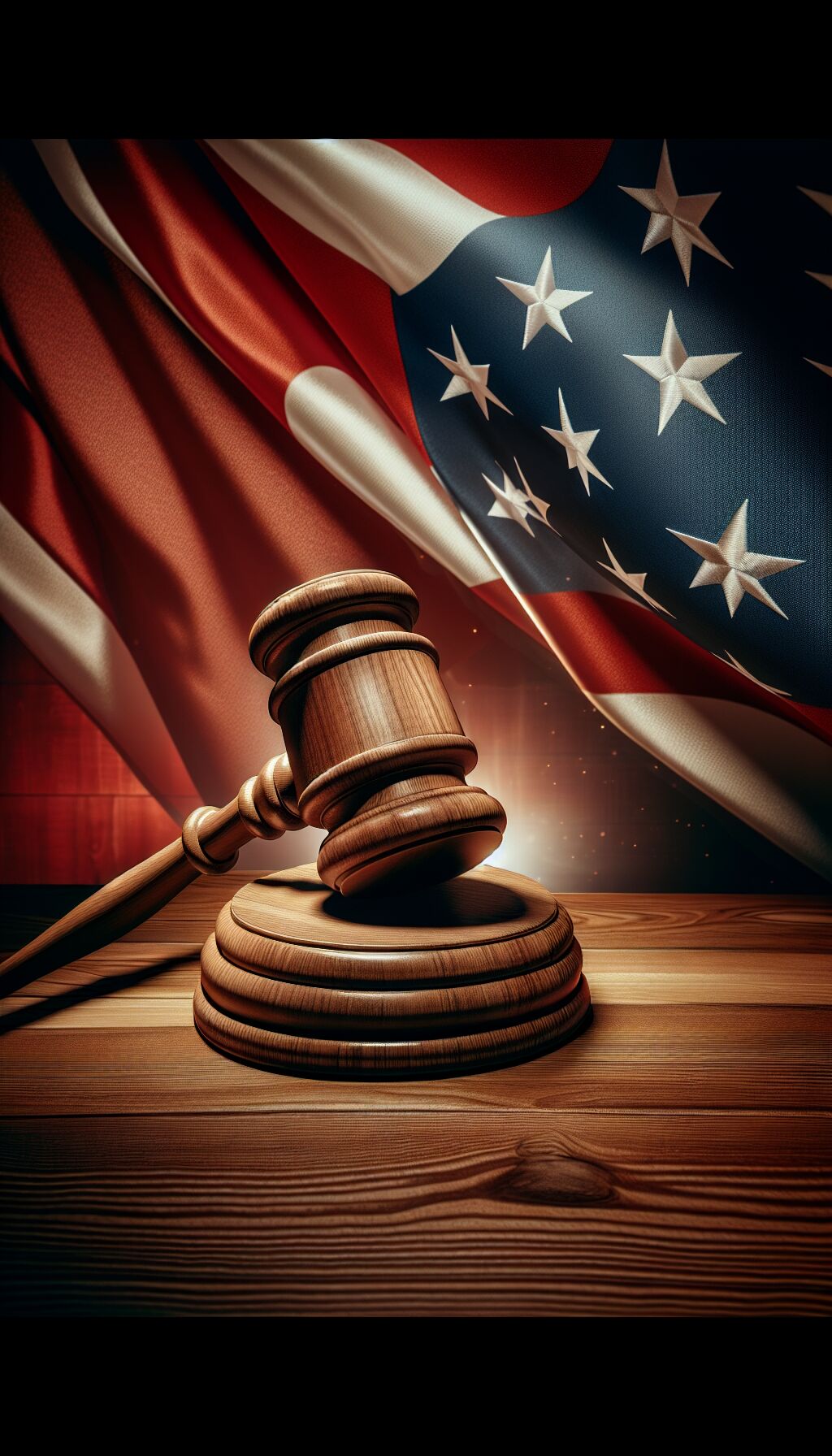The Supreme Court Weighs TikTok’s Future Amid National Security Concerns
The Supreme Court convened oral arguments on Friday regarding a critical case concerning the future of TikTok, the popular Chinese-owned social media platform. With a ban set to take effect in just nine days, unless there is an urgent divestiture or intervention from the high court, the case carries significant implications for millions of American users.
Legislative Background
The focal point of this legal battle is the Protecting Americans from Foreign Adversary Controlled Applications Act. Signed into law by the President in April, the bipartisan legislation mandates that TikTok must divest from its Chinese parent company, ByteDance, within nine months. If this does not occur, TikTok will be prohibited from operating on U.S. app stores and hosting services.
National Security Claims
During Friday’s arguments, representatives for the Biden administration reinforced the claim that the Chinese ownership of TikTok presents a “grave” national security risk for American consumers. U.S. Solicitor General Elizabeth Prelogar highlighted the potential dangers, suggesting that China could weaponize the app by manipulating its algorithm or compelling ByteDance to surrender extensive user data collected from American users.
“We know that the PRC has a voracious appetite to get its hands on as much information about Americans as possible, which creates a potent weapon here,” Prelogar stated. “The PRC could command ByteDance to comply with any request to obtain that data.”
She elaborated that TikTok’s expansive data set could provide the Chinese government with a powerful tool useful for harassment, recruitment, and espionage.
Skepticism on First Amendment Grounds
As TikTok defended its position, the Supreme Court justices exhibited skepticism regarding the company’s assertion that the enforcement of this law would constitute a violation of free speech rights. Justice Clarence Thomas posed a pivotal question early in the discussions: “Exactly what is TikTok’s speech here?” This inquiry reflected the court’s hesitations about regarding the law as an infringement on the First Amendment.
Details of the Oral Arguments
By the end of the session, it remained uncertain how the Supreme Court would approach the case, although a decision is anticipated before the enforcement of the January 19 ban. Historically, the court’s conservative majority has shown deference to Congressional authority on matters pertaining to national security. The divestment legislation has gained bipartisan support in Congress, aided by key Justice Department officials who worked closely with lawmakers in drafting provisions to defend against potential legal challenges.
Political Implications
This case unfolds against a backdrop where significant political figures, including President-elect Donald Trump, have shown support for TikTok. Trump’s legal representatives filed an amicus brief urging the Supreme Court to halt the impending ban until after his inauguration.
Chief Justice John Roberts reflected on the impact that TikTok may have on social interactions in America, noting, “If the goal of China and ByteDance is to get Americans to argue with each other, I’d say they are winning.”
TikTok’s Defense Strategy
Noel Francisco, TikTok’s attorney, framed the case primarily around First Amendment rights, asserting that the application, as a U.S.-incorporated entity, deserves constitutional protections. He argued that the case should be assessed under strict scrutiny, which requires a compelling governmental interest and a narrowly tailored approach to justify the law’s constitutionality.
Challenge of Proving the Law’s Constitutionality
Although TikTok faced an uphill battle through this legal lens, the U.S. Court of Appeals for the District of Columbia Circuit recently upheld the divestiture law, implying that justices could still consider the case under strict scrutiny yet opt to maintain the law and the looming ban.
The Divestiture Requirement
Justice Sonia Sotomayor pointed out that this case is unprecedented in its focus on the ownership of a platform rather than on the content produced there. She raised the potential for viewing the divesture requirement as a data control issue rather than a First Amendment concern, which would invoke a lower level of scrutiny—an aspect that Francisco acknowledged.
Francisco contended that the U.S. government had no legitimate interest in inhibiting foreign propaganda, asserting that TikTok and ByteDance should be afforded comprehensive free speech protections.
Conclusion and Outlook
The March for the Supreme Court to take action is imperative; failure to intervene or the unwillingness of TikTok’s owners to sell will result in the app being banned from the U.S. by January 19. This ongoing legal confrontation revolves around the fundamental question of how First Amendment protections apply to foreign-owned platforms.
The Supreme Court has previously ruled that foreign speech does not automatically receive the full spectrum of constitutional protections, and thus the Biden administration is poised to argue that the law addresses non-speech-related issues concerning national security risks posed by TikTok.
Amid the rapidly evolving backdrop of social media governance and national security, the decision by the Supreme Court could significantly impact the lives of approximately 170 million American TikTok users, echoing broader concerns about privacy, free expression, and foreign influence in the digital landscape.










